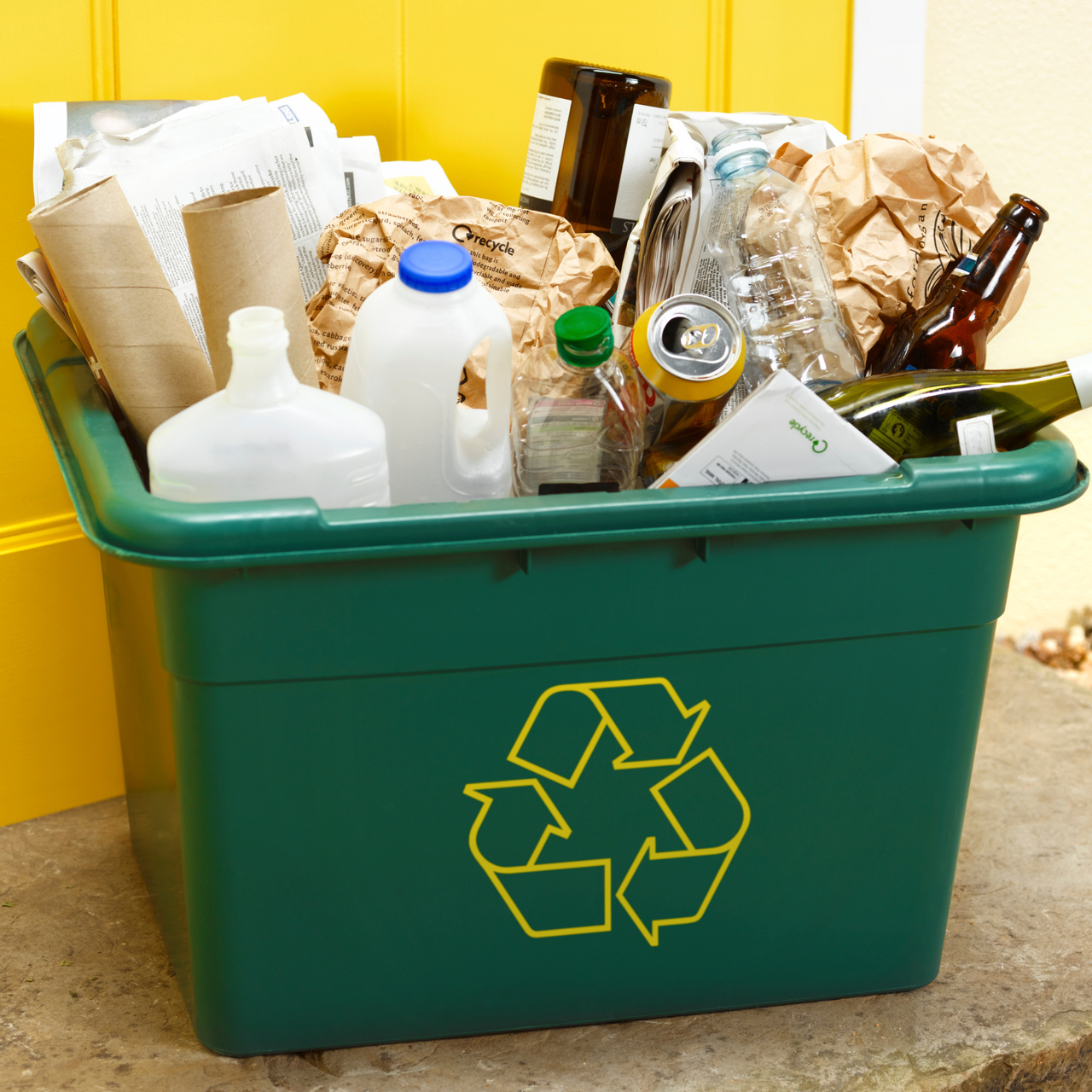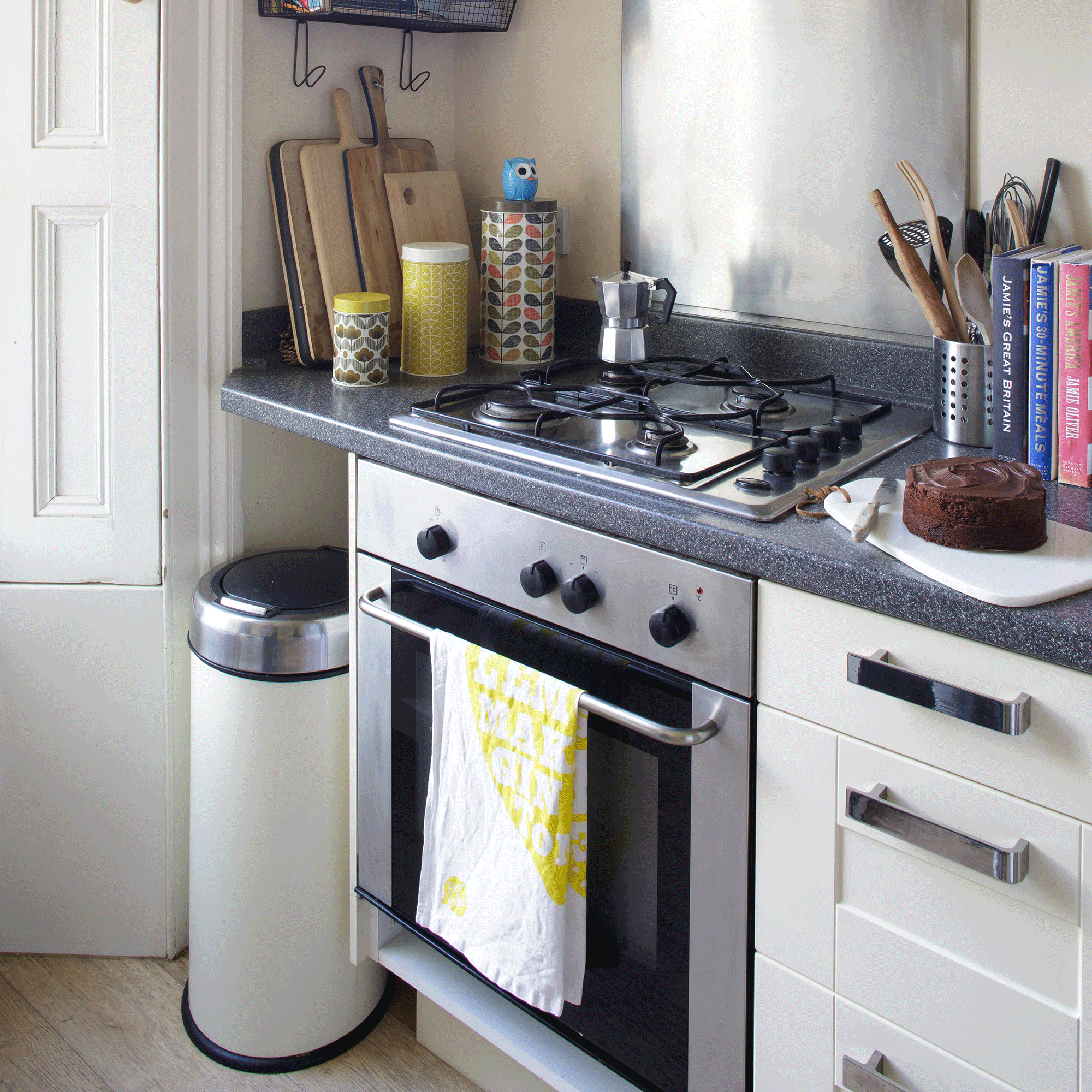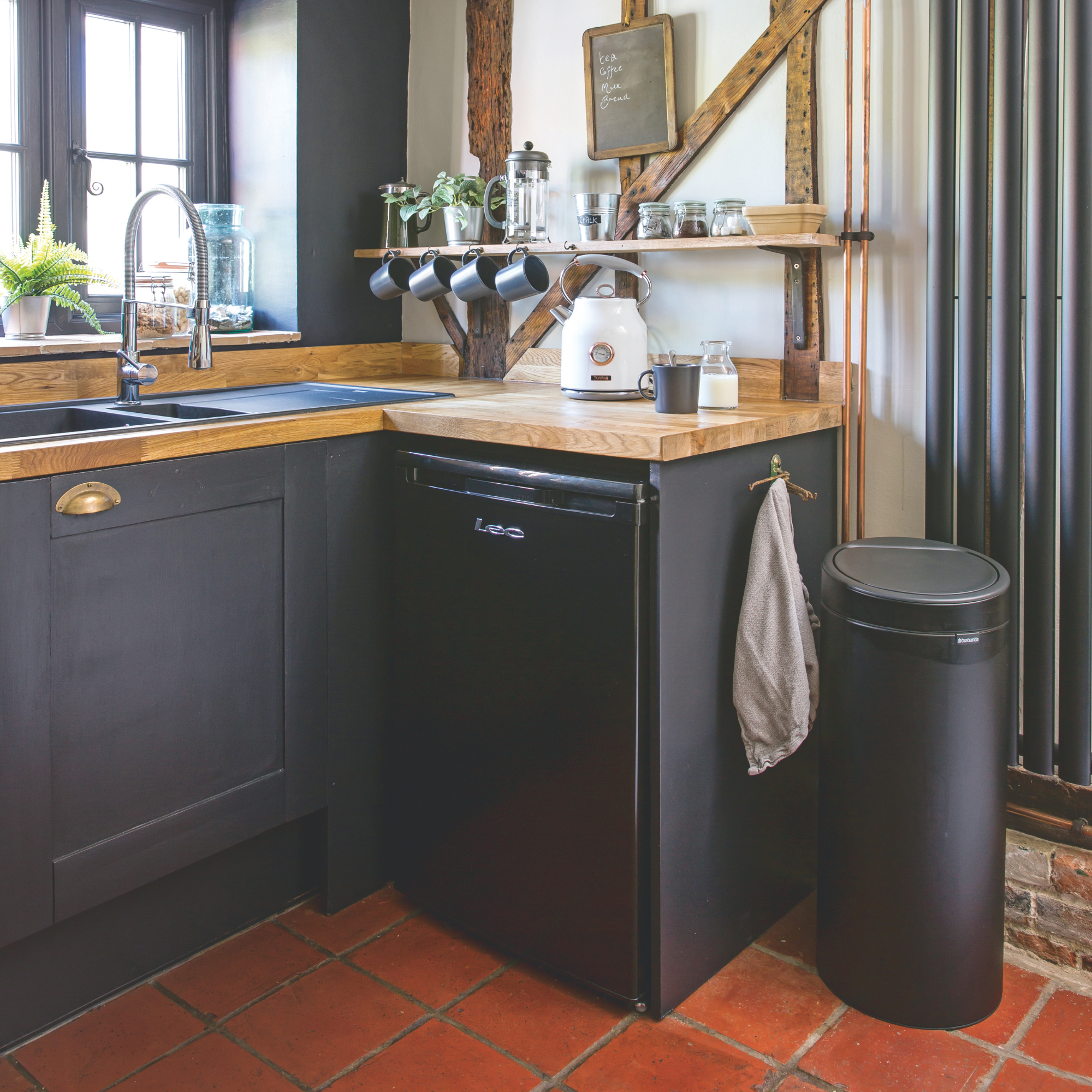
Do you clean your recycling before putting it in your recycling bins? Or, do you think this extra step is a waste of time? Debate no longer, as waste experts have revealed exactly what you need to do to recycle correctly.
No one likes dealing with rubbish and recycling, which is why there is a wealth of kitchen bin ideas to effectively dispose of household waste. And when it comes to recycling, it’s important we take an extra step when it comes to disposing of it.
Rinsing your recycling before putting it in your recycling bin is an important step you need to take, as it prevents any of your recycling from becoming contaminated with food waste. Here’s everything you need to know.
Should you rinse recycling?
We all know the importance of recycling, as well as separating and organising your recycling bin, but giving your plastic and tins a rinse is equally important.

'Although you don’t need to scrub until spotless, it’s important to give them a good rinse to get rid of any leftover food or drink. This is because food and drink residue left behind can contaminate other recyclables, particularly paper and cardboard, which could result in the entire batch being declared unfit for recycling and sent to the landfill instead,' explains Lucas Hargreaves, Project Director at Recycling Lives Services
Dirty recycling can also smell horrible, attracting foxes and other pests like rats to your bins. Your neighbour can also report you to the council if your waste is attracting rats. Keeping them clean will help prevent attracting them.
‘However, it can be difficult to rinse materials like cardboard or paper, so if these items are covered in food residue or grease, it’s best to place them in general waste. Alternatively, you can cut around the areas with leftover food and recycle the clean parts of the cardboard or paper,’ says Ryan Kaila, waste and recycling expert at Kingfisher Direct.

If you leave food residue on your recycling, it can contaminate other items in the box. Contaminated recycling is typically removed at the recycling centre, and if a high percentage of the load is contaminated, it can be taken to a landfill.
If you don’t rinse your recycling, then this can also impact whether the council will collect your recycling.
‘If your recycling bin is highly contaminated with food waste and liquid residue, then councils may refuse to empty your bin. Of course, local guidelines can vary for different councils; however, the majority will refuse to empty a bin if the recycling is unclean, as it may result in the rejection of the whole load,’ says Ryan.
The best way to clean your recycling waste is by using a utensil to remove food waste before rinsing it with water and leaving it to dry.
‘If the food residue is particularly stubborn, it may be worth leaving it to soak in water for a few hours before rinsing it again,’ Ryan suggests.
This clever bin utilises storage space whilst having different compartments for all types of household waste so you can seperate with ease. It also has a built-in odour control to keep your kitchen smelling fresh.
If a rinse isn't removing food residue, use a scrubbing brush to gently remove it, before rinsing again and leaving to dry.
Handily labeled, this bin makes seperating recycling waste even easier. You can stack or seperate them depending on storage space.
Will you be changing how you do your recycling? Or have you rinsed all along?







